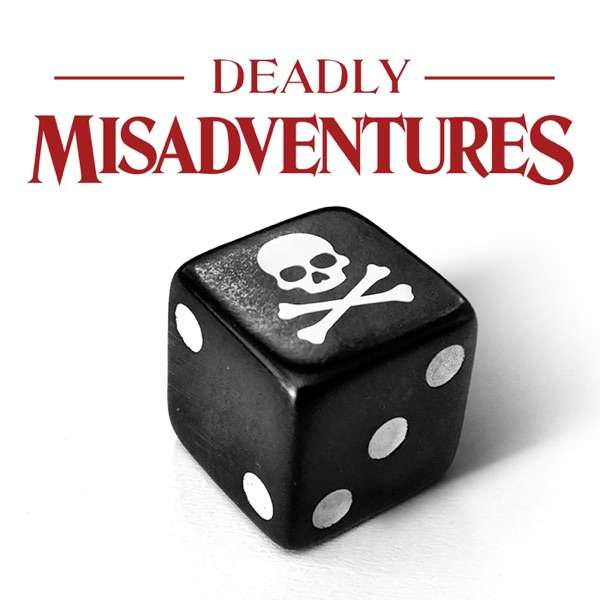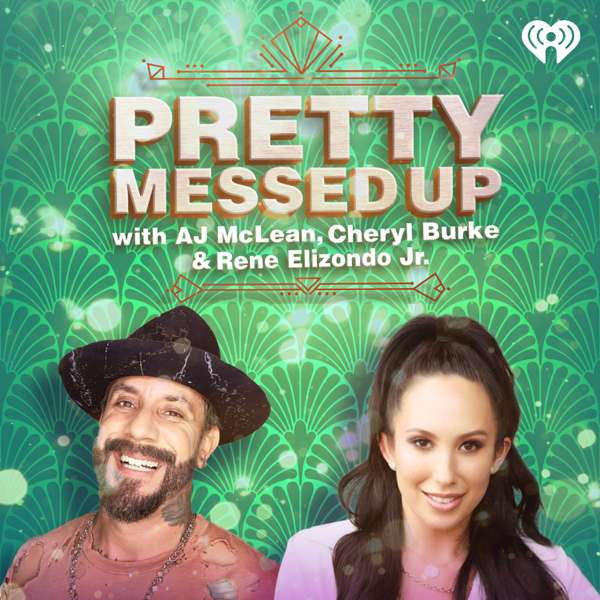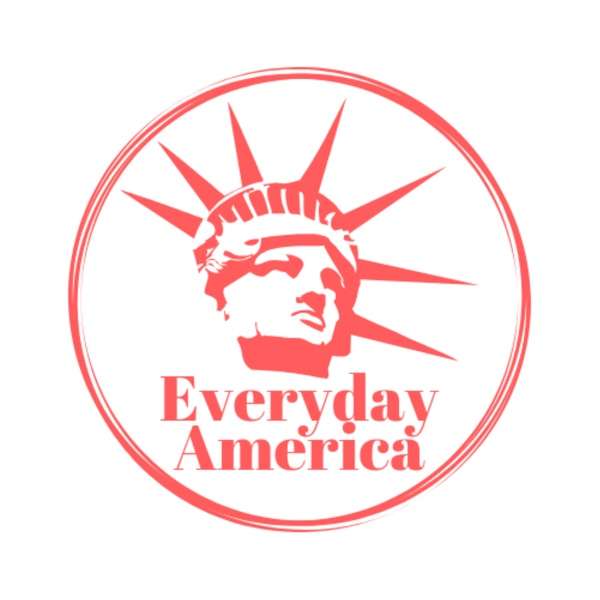Wilco singer/guitarist Jeff Tweedy has been busy. He has a new solo album out called Love is the King. And his new book How to Write One Song has a lot of advice for aspiring songwriters. But it’s also about a lot more than that.
Nerdette host Greta Johnsen spoke with Tweedy from his recording studio in Chicago.
What’s your definition of a song?
Jeff Tweedy: I think of a song as a moment that you can recreate, and that you can intentionally set out to share with someone. It doesn’t have to be musical.
I think a lot of the ways we treat our friends is a type of song. Just the notion that you know how to make your mom laugh is a bit of a song.
I think we can start with the idea of a song as being anything you want it to be, honestly, and move out from there towards whatever your musical ability allows.
You say that you weren’t trying to write a self-help book. But so much of it is about how to give yourself permission to try something new and how to finally scratch that creative itch. It is a self-help book after all?
Tweedy: Self-help is such an oxymoronic thing. If you can help yourself, you don’t need a book!
But I think the book was a way for me to share a lifestyle that I think is beneficial to me. I don’t think the book succeeds quite as well as a direct practical guide to writing a song, even though there is some of that. I think it’s more successful as a kind nudge toward something that makes living worthwhile.
You use the phrase “inviting inspiration” a lot, which counters the argument that making stuff is about sitting around waiting for divine inspiration to hit.
Tweedy: Yeah. I think there is a gestation period for a lot of inspiration. And to me, opening yourself up to doing the work on a daily process allows that gestation to have a foothold in your consciousness. I don’t think a bolt of inspiration is going to have much of a place to land in your psyche if you aren’t actively seeking, on a daily basis, something that surprises you or excites you. I look at it more like you’re putting yourself in the path of inspiration consciously.
I just believe that’s how it happens much more than somebody, for example, not having any intention of writing a song at all, and getting struck by a bolt of lightning, and then they have an amazing song that comes out of them. That doesn’t happen. What happens is, people who really like the idea of writing a song try it a lot, and then someday they’re walking along, and something clicks. And it’s because they did all that other work
You’ve talked about, in terms of being creative, that the stakes are super low. What do you mean by that?
Tweedy: I mean that you aren’t going to hurt anybody with a bad song. I don’t see a lot of downside. The only real downside there can be is to your ego, and I think it’s good for your ego to be bruised and challenged. I think your ego works for you in a lot of really healthy ways. It helps preserve your esteem and your sense of self. But it also can really inhibit you from growing and learning more about yourself. And to challenge that protective nature of your ego, I think, is really helpful for people. So the worst-case scenario is, you figure out you’re not really good at something, and nobody gets hurt. It’s just not brain surgery,
And at the same time, the irony of it is, songs can mean everything! They can have such exalted places in our hearts and our spirit. They have such enormous ability to heal and retrieve lost emotions, and to pull us into some more communal space of believing in the world. I can’t think of anything more beautiful in the world than a song that means a lot to somebody.
This conversation was lightly edited for clarity and brevity. Press the ‘play’ button to hear the full episode.

 Our TOPPODCAST Picks
Our TOPPODCAST Picks  Stay Connected
Stay Connected







